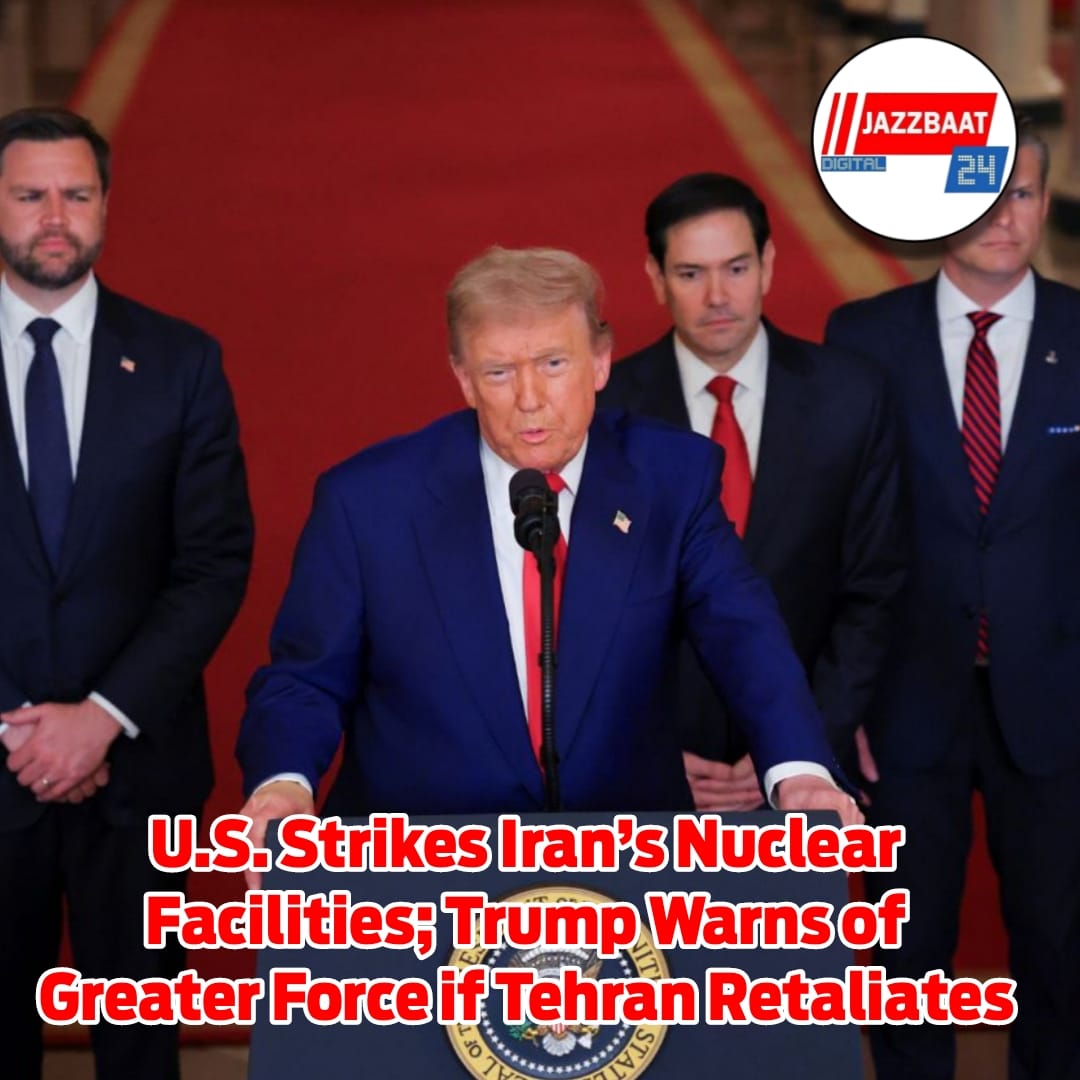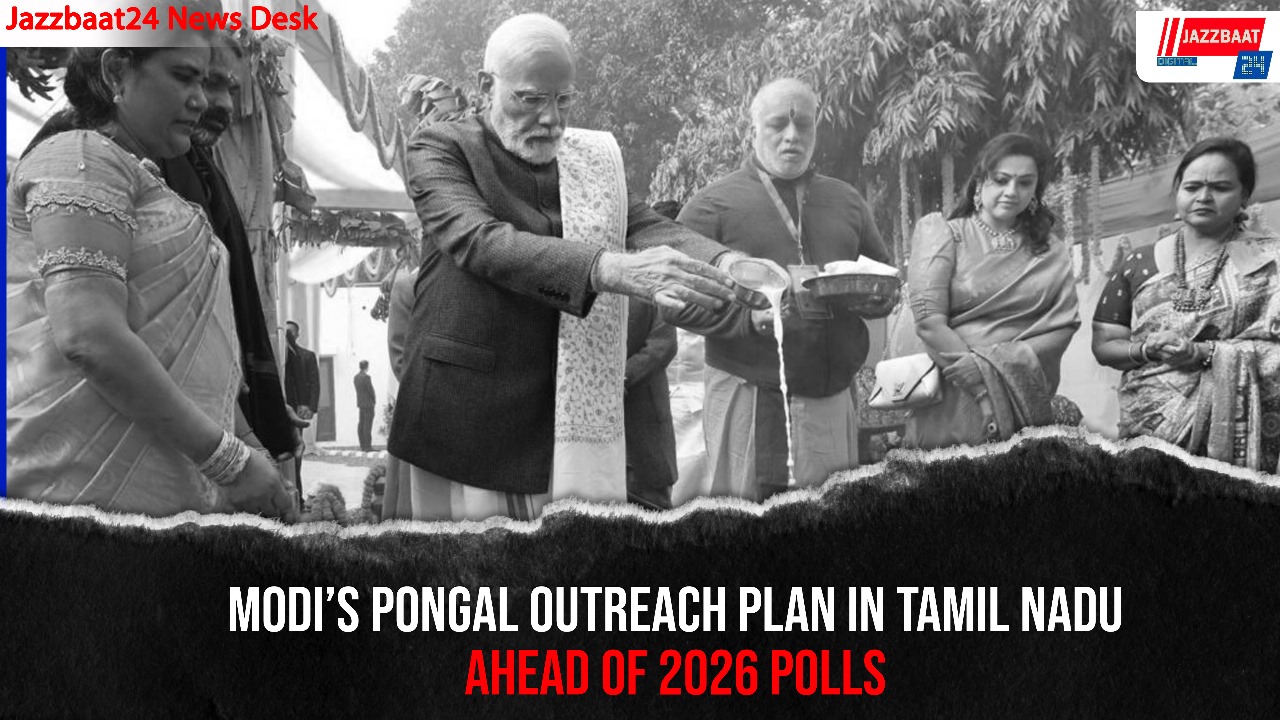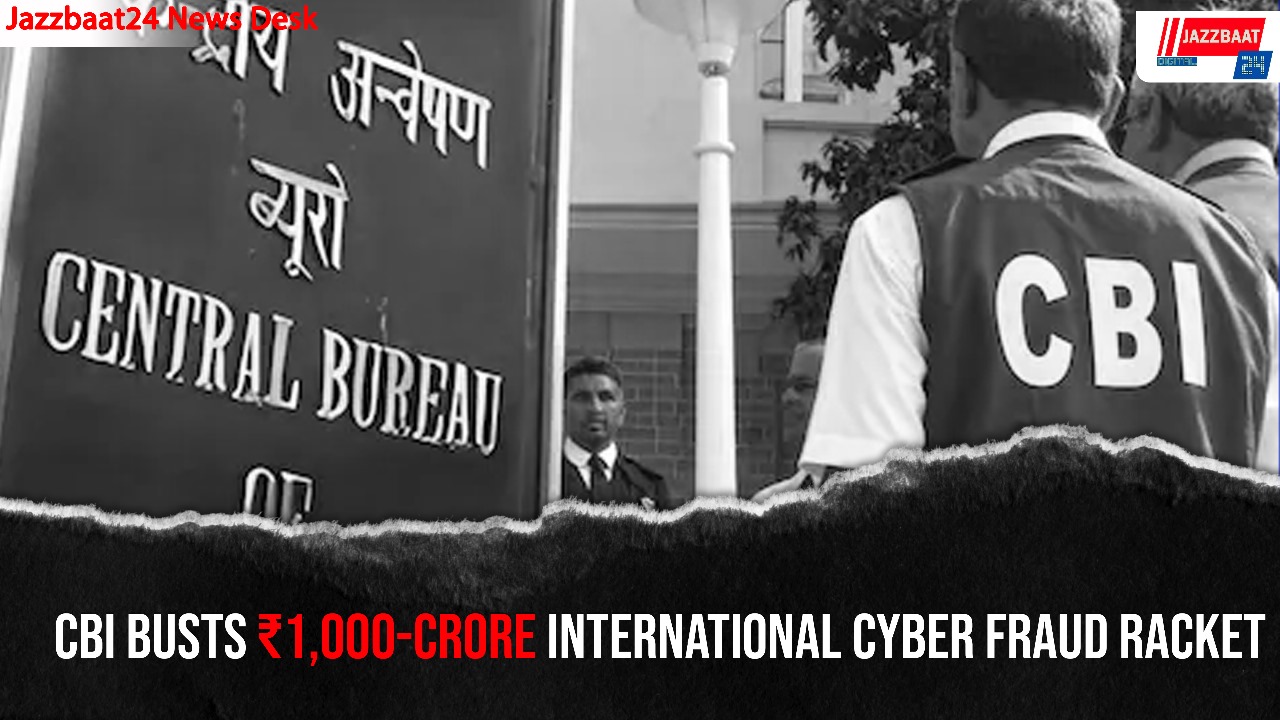23 June, 2025:
U.S. President Donald Trump announced that American forces had carried out precision airstrikes on three major Iranian nuclear facilities—Natanz, Isfahan, and Fordow—calling the operation “a spectacular military success.” This marks the most significant U.S. military engagement in the Middle East since the 2003 invasion of Iraq and follows over a week of Israeli airstrikes targeting Iran’s military and nuclear infrastructure.
In a three-minute televised address from the White House, Trump declared: "Iran's key nuclear enrichment facilities have been completely and totally obliterated. There will be peace, or there will be tragedy."
President Trump said Iran must now choose the path of peace, asserting: “If they do not, future attacks will be far greater and a lot easier. For 40 years, Iran has been saying death to America, death to Israel.” He emphasized that the U.S. still had “many targets left” inside Iran. Later, he cautioned that any attempt by Tehran to retaliate would trigger a U.S. response with “force far greater than what was witnessed tonight.”
The strikes, carried out with a combination of bunker-buster bombs and Tomahawk missiles, were the most direct US military action against Iran in years. Trump said six bunker-buster bombs were dropped on Fordow, and around 30 Tomahawk missiles targeted other nuclear installations.
The Pentagon confirmed B-2 bombers were used in the attack, which came after days of rising tensions and a week of escalating hostilities between Israel and Iran.
The operation involved multiple platforms. B-2 stealth bombers, carrying 30,000-pound GBU-57 bunker-busting bombs, were deployed against Fordow, Iran's most heavily fortified nuclear facility, located beneath a mountain in Qom province. At least six such bombs were dropped.
Netanyahu praised the attack, saying that the “awesome and righteous might of the United States will change history”. The Israeli prime minister said in a video address, the US “has done what no other country on Earth could do”.
While Israel hailed the operation as a strategic blow to Iran’s nuclear ambitions, other global leaders adopted a far more sombre tone. United Nations Secretary-General Antonio Guterres, in a statement, called the attack a grave escalation.
"I am gravely alarmed by the use of force by the United States against Iran today. This is a dangerous escalation in a region already on the edge — and a direct threat to international peace and security. There is no military solution. The only path forward is diplomacy. The only hope is peace," Guterres said.
"The Kingdom of Saudi Arabia is following with great concern the developments in the sisterly Islamic Republic of Iran, represented by the targeting of Iranian nuclear facilities by the United States of America," the Saudi foreign ministry posted on X.
Pakistan also condemned the US attack on Iran, calling it a violation of internal laws and the possibility of further escalation of tensions in the Middle East.
Japanese Prime Minister Shigeru Ishiba called for a quick de-escalation of the conflict. "It is crucial that there be a quick de-escalation of the conflict. We are closely monitoring the situation there with grave concern," he said.
Italy's Foreign Minister Antonio Tajani urged de-escalation and asked Iran to resume talks on nuclear. "Now we hope that, after this attack, which caused massive damage to nuclear weapons production and posed a threat to the entire region, a de-escalation can begin and Iran can sit down at the negotiating table," the minister said.
The decision comes in the wake of failed U.S.-Iran diplomatic talks held in Rome less than a month ago. The fifth round of dialogue between the two nations this year broke down over disagreements on uranium enrichment and the status of Iran’s nuclear stockpile. President Trump, seemingly unmoved by intelligence reports suggesting that Iran was not actively pursuing a nuclear weapon, expressed frustration with the diplomatic process just hours before ordering the strikes.





